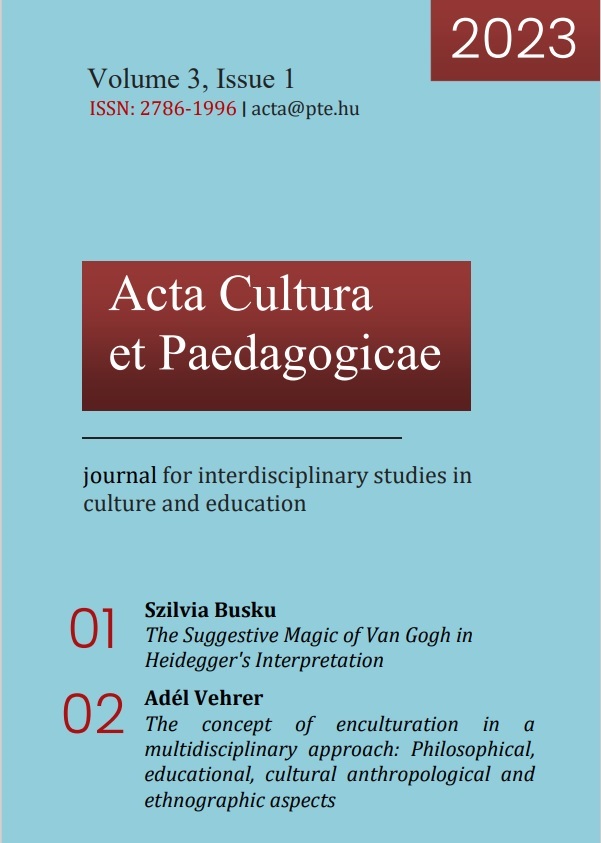Social identity and narrative perspectives
DOI:
https://doi.org/10.15170/ACEP.2023.01.06Keywords:
collective memory, social identity, self-determinationAbstract
Balázs Kézdi, in his work entitled Identity and Culture (2001), draws attention to the fact that the concept of identity is ambiguous and overdetermined not only in social science discourse but also in psychology because the concepts of "self" and selfdefinition are often mixed up with the concepts of self-definition. Different theories emphasise different characteristics depending on whether the self is a personal or a social self-definition and whether the process of identification is interpreted as static or situational. Over the last few decades, the psychological literature on identity has increasingly emphasised the narrative nature of identity. This means that people form their interpretations of the world through narratives (including self-narratives), and these narratives are inseparable from the concept of self-determination (László, 2005). The following paper discusses the particular case of collective identity and significant group identification, including the issue of national identity and the role of collective memories. Accordingly, it focuses first on the psychological and cultural approach to the process of peer self-determination, followed by the group history and the resulting theoretical considerations.

